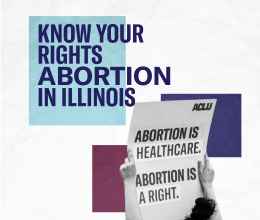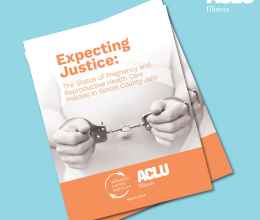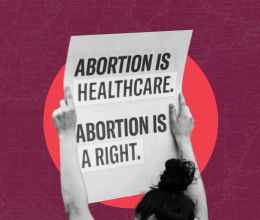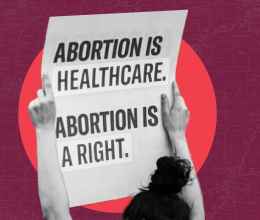A USA Today story published this week examines the divergent points of view on the sale of contraceptives. The ACLU of Illinois Executive Director Colleen Connell provides an interesting perspective.
People who think pharmacists who oppose abortion should not be required to sell the "morning after pill" call laws to support this "conscience laws." People who think women should have access to legal medications they need call them "refusal laws."
You can see it in the comments following this week's ruling in support of the 1998 Illinois Health Care Right of Conscience Act. In 2005, then-Gov. Rod Blagojevich issued a ruling to force "pharmacies to fill prescriptions without making moral judgments.
But when the state tried to enforce this, two pharmacists, aided by the American Center for Law and Justice, went to court for the right to refuse. Tuesday, Circuit Judge John Belz wrote that governor's ruling was unconstitutional, that it would be...
... coercing individuals or entities to provide healthcare services that violate their belief.
The pharmacists and the ACLJ are delighted. The ruling affects commercial pharmacies as well as individuals who might pick and choose which FDA-approved legal medications they believe should be dispensed. As the Center's site notes, the judge's ruling points out:
Meanwhile, The state's attorney general is appealing and the American Civil Liberties Union is joining in. Colleen K. Connell, Illinois ACLU director pointed out:
The court's ruling fails to account for the important constitutional rights at issue when women are denied access to reproductive health care and medication.
The battle over whose conscience trumps medical choices is far wider than Illinois, of course. It puts health workers who bring their faith and values to their jobs in tension with their clients, patients and customers who may have different beliefs on whether or when to have children.
The ACLU is tracking cases state by state and in Congress and finds this tension goes beyond contraception issues.





